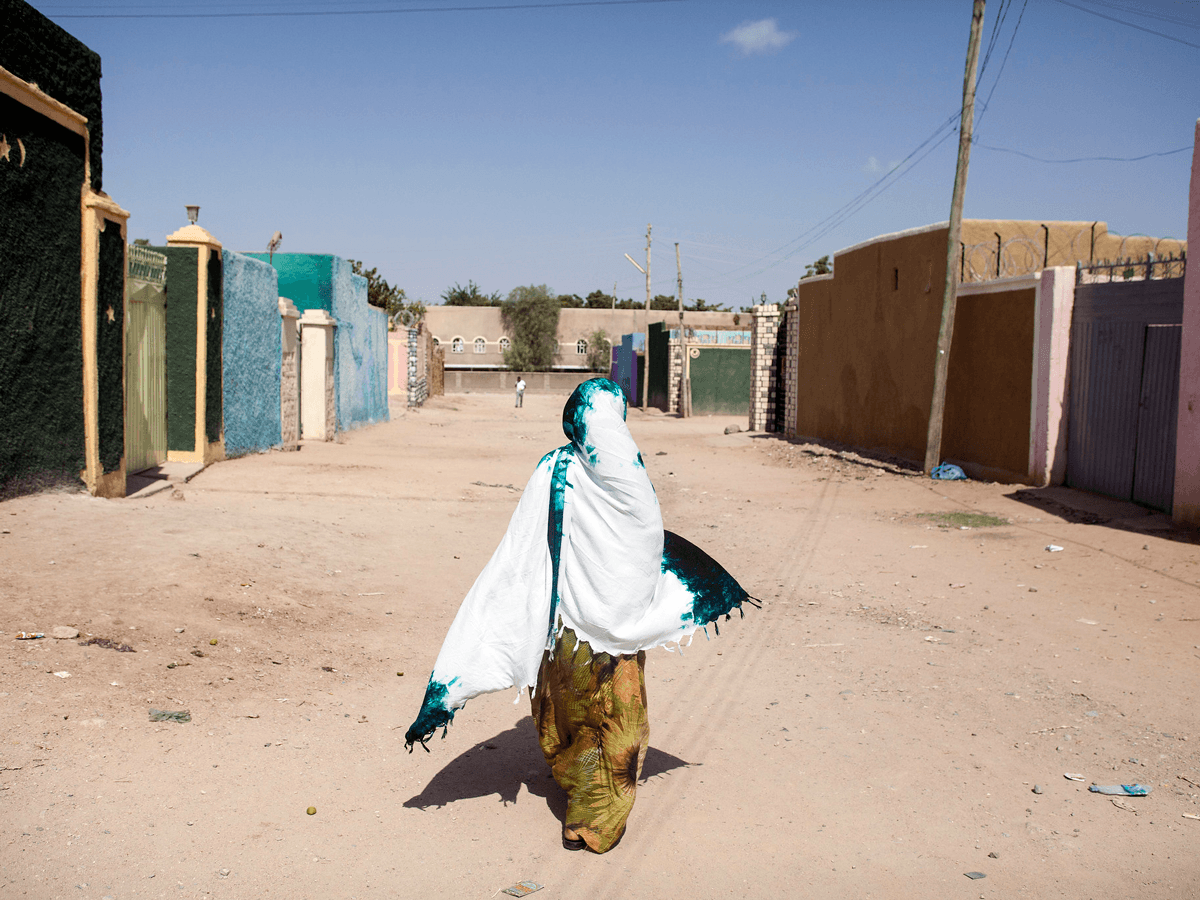DiLorenzo MA, Parcesepe A, Tymejczyk O, Hoffman S, Elul B, Weiser SD, Remien RH, Kulkarni SG, Gadisa T, Melaku Z, Nash D.
AIDS Behav. 2019 Apr 15. doi: 10.1007/s10461-019-02505-9. [Epub ahead of print]
Abstract
Food insufficiency is associated with suboptimal HIV treatment outcomes. Less is known about psychosocial correlates of food insufficiency among PLWH. This sample includes 1176 adults initiating antiretroviral therapy at HIV clinics in Ethiopia. Logistic regression modeled the association of psychological distress, social support, and HIV-related stigma with food insufficiency. Among respondents, 21.4% reported frequent food insufficiency. Psychological distress [adjusted odds ratio (aOR) 2.61 (95% CI 1.79, 3.82)], low social support [aOR 2.20 (95% CI 1.57, 3.09)] and enacted stigma [aOR 1.69 (95% CI 1.26, 2.25)] were independently associated with food insufficiency. Food insufficiency interventions should address its accompanying psychosocial context.









